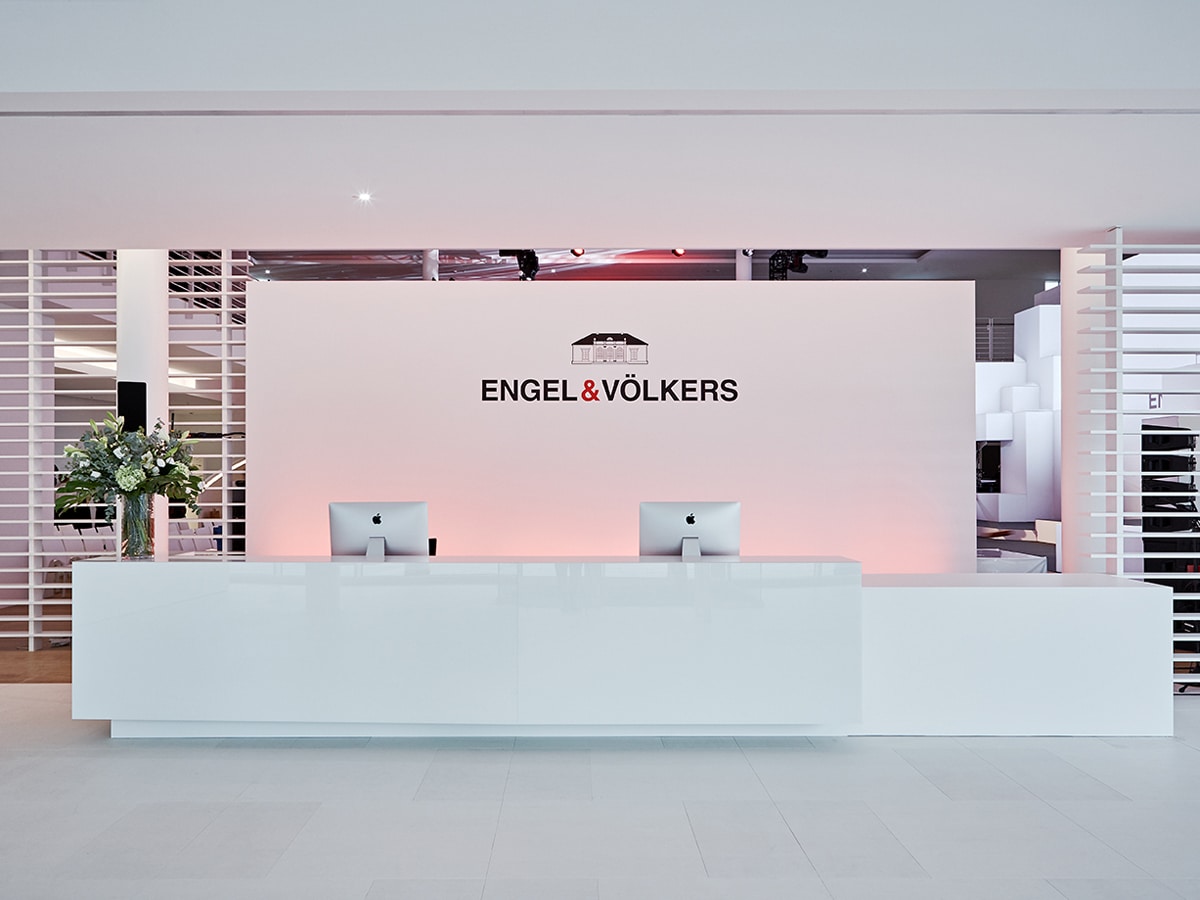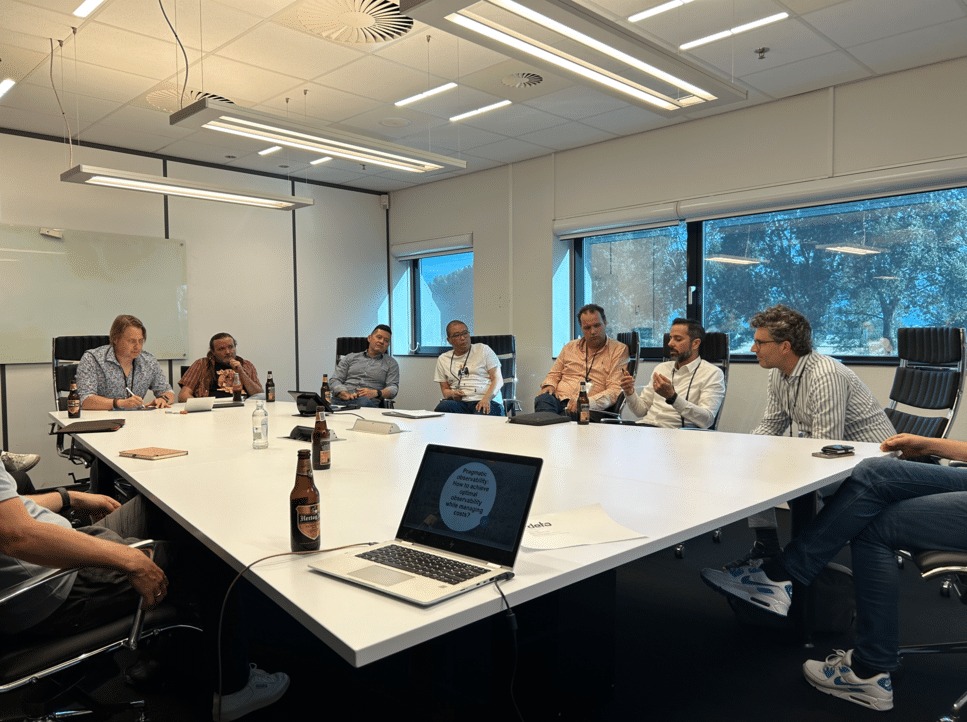In December we held the final CTO Roundtable event of 2020. In what was a very challenging year for most people, both on a personal and professional level, it was great to finish strong and get so many technology thought leaders from Berlin around the virtual table to discuss the topic of ‘innovation’.
In a year that forced so many businesses to adapt so dramatically to ensure survival, from their operating models to their infrastructure and working practices, it seemed like an obvious topic to dissect, discuss best practice and key learnings to take into 2021.
The discussion was led by Taner Akcok.
History of Innovation
Taner began the discussion by quoting George Orwell; ‘those who control the past control the future, those who control the present control the past.’ This is an interesting starting point when discussing innovation as it is important to reflect on the history of the industrial revolution; from industry 1.0 (Production), to 2.0 (Product), 3.0 (Sales & Marketing) and finally 4.0 (Innovation). In this industry we have unlimited supply and demand. Big brands are producing on an exponential scale and the demand is similarly limitless. A great example of this is the latest version of a new smart phone, although not hugely different from the previous version the demand is still so high.
When discussing innovation, Taner emphasises the need to differentiate between innovation and invention. Innovation is a new idea or invention plus monetization. If there is not monetization there is no innovation. If you cannot monetize a great feature or product then it is not innovation.
Every product dies. That is the destination for all products and technologies. Managing innovation is crucial for postponing the ‘dog’ phase of the product. This drives us to the question; is innovation manageable or not?
Two Types of Innovation
There are two types of innovation: evolutionary and revolutionary. An example of evolutionary innovation is the new iPhone or IBM devices, in contrast an example of a revolutionary innovation is the lightbulb. To be able to drive innovation you need to have the right people in your organisation.
Innovation Management
Managing innovation is like flipping a coin. When you flip a coin a lot of people think there is a 50/50 chance of head or tails. But if you can calculate variables such as flipping speed, gravity and air resistance you are able to calculate if it will be heads or tails; there is no probability. This is the same for product management. If you can consider all the variables in the market: new technologies, trends, market research, competitor analysis, there is no probability for innovation.
Of course, we can not know everything and there are sometimes variables that cannot be quantified or analysed. In this case it is helpful to have a framework which can give you some information that will bring you closer to taking the leap of faith.
The innovation engine of a business collects market research, new technologies & trends, competitor intelligence and customer feedback to be able to create value added information – user stories – in order to inform engineers what they are supposed to build. Engineers collect these user stories and requirement to design future proof architecture, software and system.
For the engineering side of a business innovation is driven by cost and return of investment on the technology. The engineering team creates value added product or service that customers can use. This is where product management joins and checks KPI’s, performance monitoring, and if the product performs as desired they keep the product but if there are problems they begin to create hypotheses to determine the issue; i.e. lack of user experience of lack of design.
The talk was followed by an interesting Q&A session with a number of insightful points; both by those who agreed and disagreed with Taner’s systematic innovation framework.
Thank You
We’d like to thank Taner and all the attendees for making the event such a success. We are already in the process of planning the next one!
If you are interested in speaking at, or attending, our next event don’t hesitate to contact Third Republic or even the host Richard Atkinson directly




